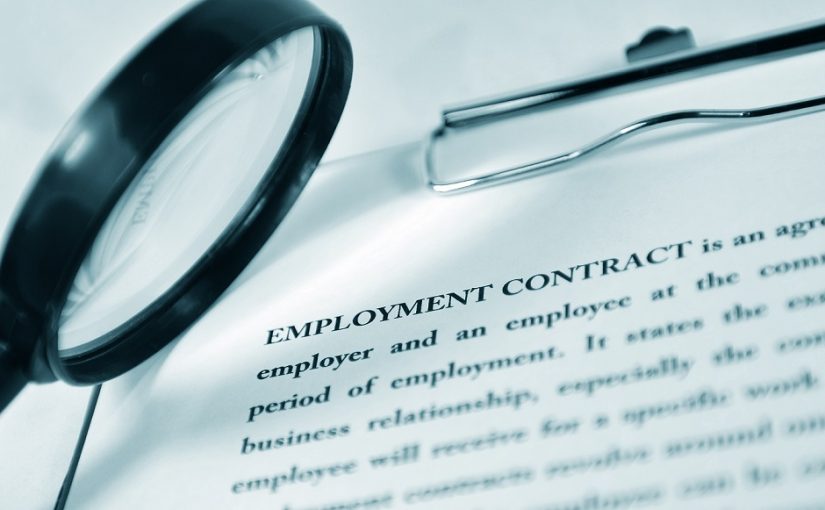Mozambique: Road toll reduction is "a crumb given to the population" - Interview
Mozambique: Employers demand subsidies from Social Security; but the INSS was set up to pay retirement, sickness and other benefits to workers – not to help out companies in difficulties | AIM report

The Confederation of Mozambican Business Associations (CTA) wants the National Social Security Institute (INSS) to pay the wages of workers whose employers are facing serious difficulties because of the Covid-19 pandemic.
The chairperson of labour policy for the CTA, Antonio Sousa, cited by the independent television station STV, defended this extraordinary proposal on the grounds that it would save jobs that are now at risk because of the damage done to the economy by Covid-19.
But the INSS was set up to pay retirement, sickness and other benefits to workers – not to help out companies in difficulties. Furthermore, a large number of employers owe money to the INSS.
They deduct INSS contributions from their workers’ wages and then do not pass the money on to the INSS. Workers in this situation find that they are not entitled to social security benefits, even though they have paid their contributions. Mozambican trade unions have been denouncing this theft for decades, but it continues.
Asked to comment, the director of social insurance in the INSS, Edson Domingos, said the INSS does not have funds to pay wages in the way suggested by the CTA. The purpose of the contributions paid to the INSS is not to replace the wages that should be paid by employers.
The CTA has also called for a reduction in the price of fuel, in line with the decline in crude oil prices on the world market. Onorio Boane, the general director of the Beluluane Industrial Park, on the outskirts of Maputo, told a press conference on Thursday that, from January to the present, the average price of crude had fallen by 68.5 per cent.
He thought this fully justified a significant cut in the prices paid by motorists for refined fuels. Boane believed the price of a litre of diesel should have fallen by three meticais (about five US cents) and a litre of petrol by 2.6 meticais in March. In April, there should have been price cuts twice as large, he added.
In fact, the prices have remained unchanged since August 2019. Petrol costs 66.49 and diesel 63.51 meticais a litre.
However, the National Director of Hydrocarbons and Fuels, Moises Paulino, hinted earlier this week that fuel prices may indeed be cut in the near future. He told reporters that the government is monitoring the fuel market, and has begun to design a new structure of fuel prices.
He pointed out that it takes some time for changes in the price of crude oil to work their way through the system. “In April, the country was still consuming fuel acquired in January and February”, he said.
Altering the prices of refined fuels required great care, he added, so as not to cause problems for the fuel distributing companies.
Another problem, unheard of in previous years, is that the country is running out of fuel storage space. The economic consequences of Covid-19 include a dramatic decline (by around 50 per cent) in the demand for fuel.
Thus the fuel companies have not yet sold all the fuel purchased in previous months, and the fuel tank farms in the main ports cannot accommodate new shipments from tankers that are waiting offshore.













Leave a Reply
Be the First to Comment!
You must be logged in to post a comment.
You must be logged in to post a comment.